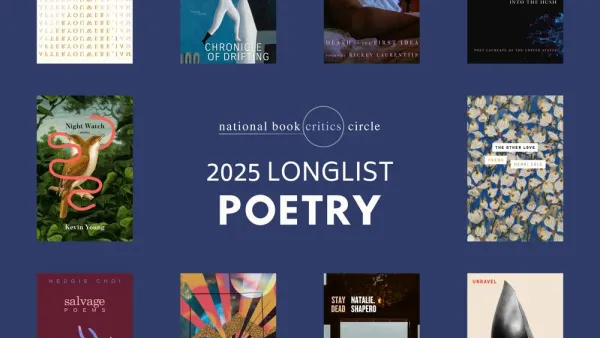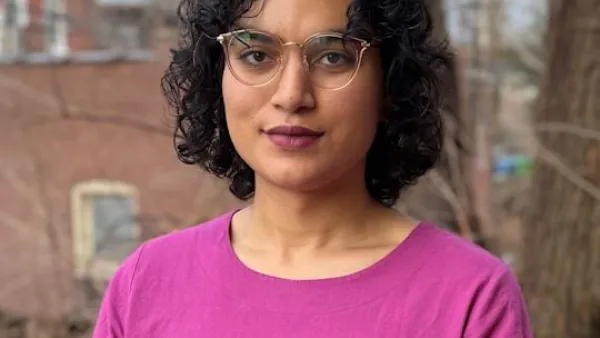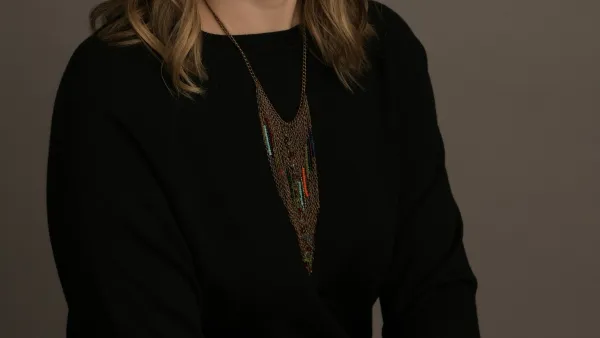This week is Post-doc Appreciation Week, so we thought we'd turn the spotlight on our very own Post-doc, Ana Quiring!
Over the past six years, Ana has contributed immeasurably to the heart and culture of the WashU English Department. This past semester, she successfully defended her doctoral thesis (congratulations!) and was selected as this department's Postdoctoral Fellow. Her work explores the intersections of modernism, feminism, queer theory, and pop culture. Her current book project, Diet Patriotism: Fatness, Race, and Citizenship in Anglo-American Literature examines the role of dieting and anti-fat bias in the development of modern citizenship. Recent writings have been published in The LA Review of Books, Avidly, and The Millions, and she is currently finishing an article about the origins and cultural context of the weight loss industry. Ana is a recipient of the Dean's Award for Teaching Excellence and will be teaching a course entitled "Topics in Literature: Queer Love in Public" this spring.
Ana graciously agreed to be the first interview, done in conjunction with the Duncker Digest. Though an assortment of questions, some informtive, some just fun, we hope you get to know her a little better:
Q: What motivates you to write and/or what first inspired you to pursue writing?
A: I've always loved to write. Joan Didion says that writing is a way "of imposing oneself upon other people, of saying listen to me, see it my way, change your mind." She's not being particularly generous, but I do feel that way sometimes. This is the purview of pushy women, a group I've tried to own my participation in.
Q: Tell us about a current project of yours. Is there a way for us to keep up with it?
A: I'm currently working on a scholarly article about the origins of the weight loss industry in the early twentieth century and its intersections with "girlboss" white feminism and racism. It's very much in the early stages, but I'm hoping to publish a public-facing version of it a little bit sooner!
Q: What non-academic source has the greatest influence on your work?
A: I really love YouTube video essays by creators like ContraPoints and Jenny Nicholson. They perform such complex, original analysis of contemporary culture and politics in a very funny, compelling format. ContraPoints' long video Envy is a really impressive work of affect theory!
Q: Do you have a favorite book of all time, or just of the moment? Why?
A: The answer could change every day, but I suspect that in my heart, I belong to Mrs. Dalloway.
Q: Is there any book that you wish you'd have written?
A: I really admire scholarly books that merge original historical research with ambitious arguments; Sharon Marcus's Between Women and Paul Saint-Amour's Tense Future come to mind. I also have a soft spot for the feminist legwork of the 1980s: I love Janice Radway's foundational book Reading the Romance. More recently, Arielle Zibrak's Avidly Reads Guilty Pleasures, which is a blast.
Q: Is there a part of your writing process you'd like to share with us? Or, are there any tips you would give to aspiring writers?
A: I am very much a nonperfectionist, a bit of a force for chaos, and when that tendency is harnessed, I think it can be helpful. I try to put things down on the page without second-guessing myself first. The second-guessing can always come later. (And it will.)
Q: Is there any word or phrase that you feel is underutilized and should be used more often? Is there any word/phrase which you think has been worn out and needs a break?
A: My serious answer is that I think we need to be much more scrupulous and thoughtful about the way we as feminists use the word "intersectional." My also serious answer is that I think queer theory should embrace the word "smooch." It's so useful for declaring an irreverent and playful approach to the intimacy we're always trying to theorize.
Q: What is your go-to favorite meal in St. Louis?
A: Balkan Treat Box!
Q: How would you like to see the WashU English Department progress in the coming years?
A: I would love us to be more concrete about supporting students in alt-ac career preparation, since that is where most of us are heading. More emphasis on public-facing writing, on Black studies, on queer studies, would be wonderful too. I want queer and POC graduate students to not feel like they are the Only One; that they are part of a heterogenous community in which they can make friends who share their experiences.
Q: Given this is your feature spot, is there anything you would like to share, English related or otherwise?
A: Just that, in addition to everything else professional and political we do, an English department, like a dating reality show, should be about making friends.
See some of Ana's Recent work at:
The Los Angeles Review of Books: https://lareviewofbooks.org/article/making-the-sentence-chic/
The Millions: https://themillions.com/2022/06/the-radical-class-consciousness-of-queer-regency-romance.html
Full Stop: https://www.full-stop.net/2022/03/29/features/ana-quiring/on-shirley-jackson-and-staying-inside/




